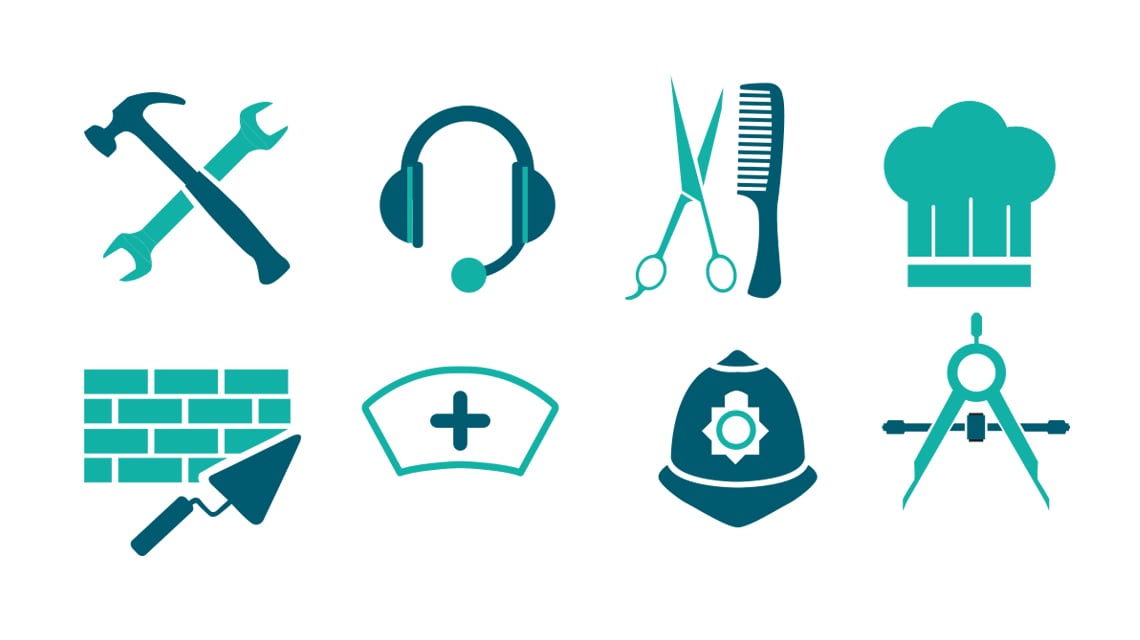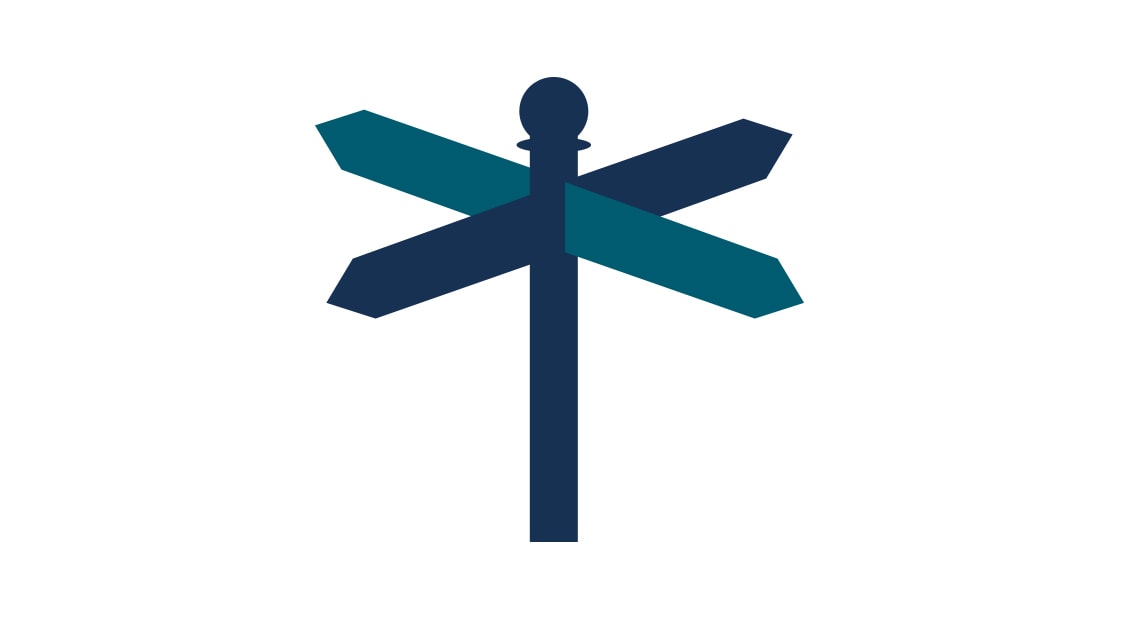With experience, either from the emergency services or elsewhere, you can apply to become a police officer, firefighter or paramedic.
You could work as a team leader in support services such as an emergency control room. You might become involved in education and prevention of, for example, fire or crime, or teach first aid.

Example jobs

Police officer
Patrolling an area, responding to incidents, upholding the law.
Firefighter
Responding to fire and other emergencies, fire prevention.
Paramedic
Dealing with medical call-outs.
RNLI crew
Part of a lifeboat team responding to emergencies round the coast.
Analyst
Analysing crime information to identify patterns of criminal activity.
Things you need to know

Typical working conditions
- Work can be very pressured and fast-paced, with quiet times in between.
- The work may involve going into unpleasant and even dangerous situations.
- You will work shifts.
- A uniform and specialist clothing will be provided.

Qualifications needed
Your personal qualities are much more important than qualifications. You need to show effective communication, teamworking and problem solving, especially in difficult situations.
Public services courses (at Level 1, 2 or 3) may help you develop the qualities and experience needed.

Career path
You can be promoted in the police and fire services by taking exams and being selected. Senior roles may involve more office-based management responsibility and less operational work and contact with the public. Paramedics can become senior paramedics and may move into management positions, usually non-operational.
Useful links
Pearson is not responsible for content on external websites.
Skills for Justice
Research the skills you need for a career in the emergency services